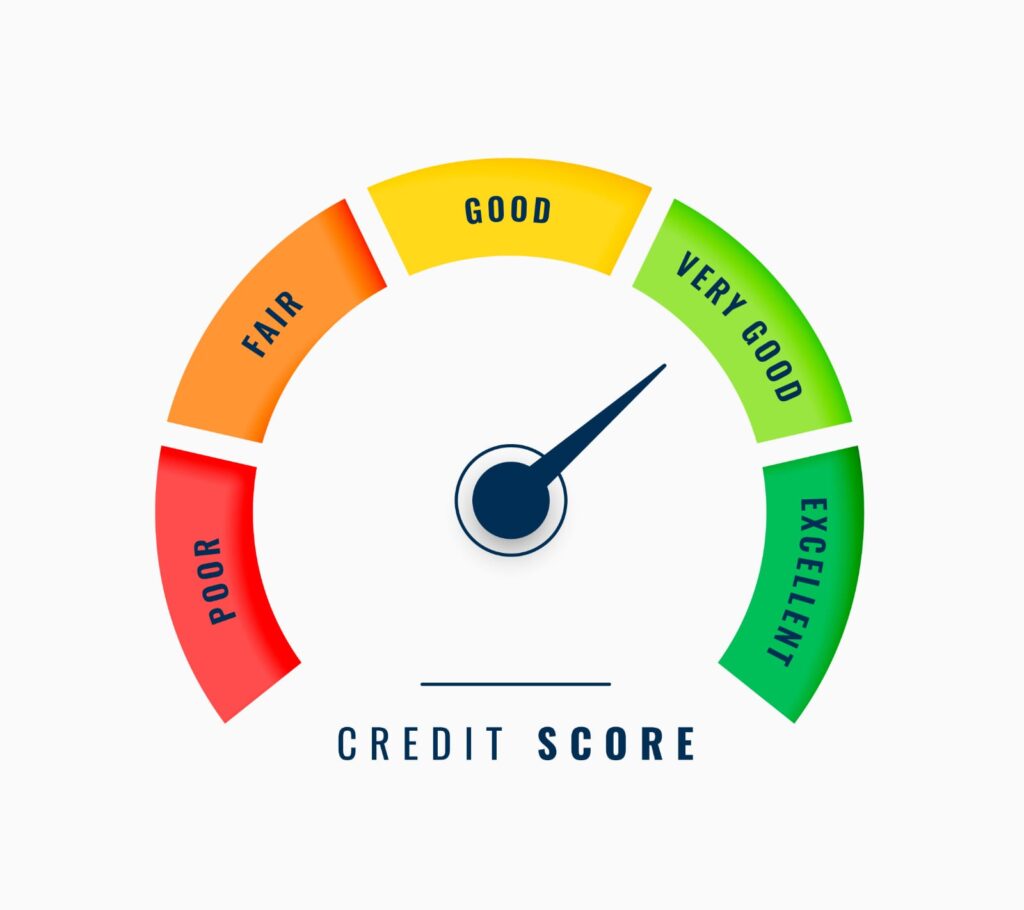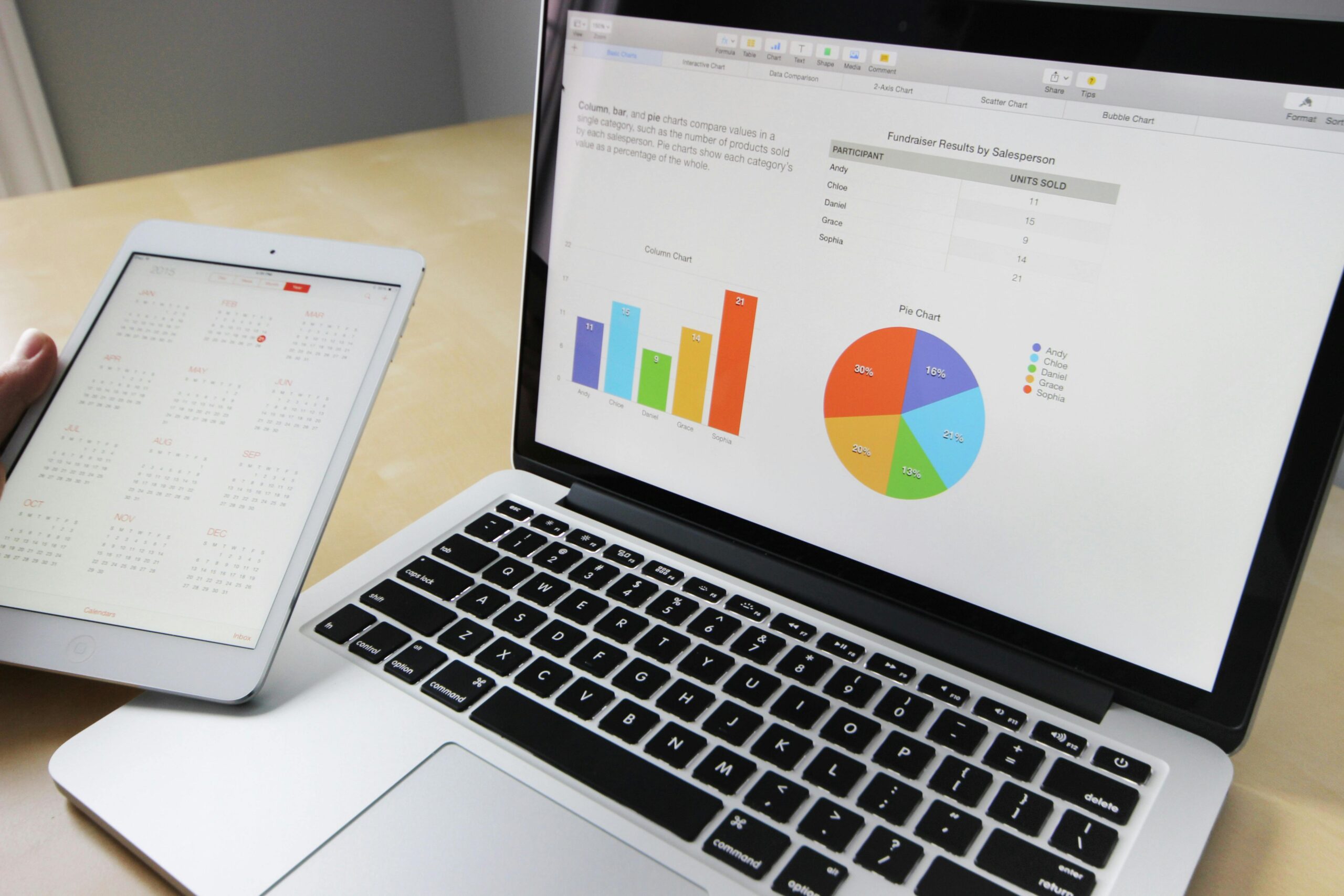In the world of personal finance, terms like ‘CIBIL’ and ‘credit score’ are often used interchangeably. However, they are not the same. Understanding the difference between CIBIL and credit score is essential for managing your financial health. In this blog post, we will explore the definitions, differences, and importance of both CIBIL and credit scores in detail.
What is CIBIL?
CIBIL stands for Credit Information Bureau (India) Limited. It is India’s first credit information company, founded in 2000. CIBIL collects and maintains credit information of individuals and businesses, which is then used to create credit reports. These reports are provided to banks and other financial institutions to assess a borrower’s creditworthiness.
Functions of CIBIL:
- Collects credit data from banks, NBFCs, and other financial institutions.
- Prepares credit reports based on the collected data.
- Provides credit scores ranging from 300 to 900.
- Helps lenders in risk assessment while approving loans or credit cards.
What is a Credit Score?
A credit score is a three-digit numerical representation of your creditworthiness. It is calculated based on your credit history, repayment behavior, outstanding debts, credit mix, and several other factors. The credit score helps lenders decide whether to approve a loan or credit card application.

Key Factors Affecting Credit Score:
- Payment history
- Credit utilization ratio
- Length of credit history
- Types of credit accounts
- Number of recent credit inquiries
In India, credit scores are provided by four major credit bureaus:
- CIBIL (TransUnion CIBIL)
- Equifax
- Experian
- CRIF High Mark
CIBIL vs Credit Score: Understanding the Difference
- Nature of Entity:
CIBIL: It is a credit bureau or credit information company.
Credit Score: It is a numerical representation or outcome derived from your credit report.
- Role:
CIBIL: Acts as a credit reporting agency that collects data and generates credit reports.
Credit Score: Acts as a tool that reflects your creditworthiness based on the data.
- Scope:
CIBIL: One of several credit bureaus in India.
Credit Score: Can be issued by any of the authorized bureaus including CIBIL, Equifax, Experian, and CRIF High Mark.
- Uniqueness:
CIBIL: Specific brand name of a credit bureau.
Credit Score: A generic term used to represent your financial credibility.
- Range:
CIBIL: Provides credit score typically ranging from 300 to 900.
Credit Score: Provided by different bureaus but generally falls within the same range.
- Dependency:
CIBIL: Generates the credit score as part of its service.
Credit Score: Depends on the bureau (like CIBIL) generating it.
Why Understanding the Difference Matters
- Knowing the difference between CIBIL and credit score helps you:
- Understand that CIBIL is just one of many bureaus.
- Check your score from different bureaus if needed.
Be aware that lenders might rely on reports from various credit bureaus, not only CIBIL.
- Importance of Credit Score
- Higher credit score increases chances of loan and credit card approval.
- Helps in getting better interest rates.
- Indicates financial discipline to lenders.
- Can lead to higher credit limits.
How to Check Your CIBIL Score?
You can check your CIBIL score online through the official CIBIL website. Follow these steps:
- Visit www.cibil.com.
- Click on ‘Get Your CIBIL Score’.
- Register using your PAN card.
- Complete authentication.
- View your CIBIL score and report.
Many other websites also allow you to check your credit score for free.
Tips to Maintain a Good Credit Score
- Pay your EMIs and credit card dues on time.
- Maintain a low credit utilization ratio.
- Avoid multiple loan applications in a short time.
- Keep old credit accounts active.
- Diversify your credit mix (secured and unsecured loans).
Common Myths About CIBIL and Credit Score
CIBIL is the only credit bureau: No, there are four major bureaus in India.
Checking your score lowers it: No, checking your own score is called a soft inquiry and doesn’t affect your score.
Credit score is permanent: No, it changes based on your financial behavior.
Conclusion
CIBIL and credit score are closely related yet distinct concepts. CIBIL is a credit bureau, whereas a credit score is a number indicating your financial credibility. Understanding this difference empowers you to monitor your financial health more effectively.
CIBIL and credit score are closely related yet distinct concepts. CIBIL is a credit bureau, whereas a credit score is a number indicating your financial credibility. Understanding this difference empowers you to monitor your financial health more effectively.
By regularly checking your credit score and maintaining good credit habits, you can ensure better access to loans and credit facilities when you need them.

